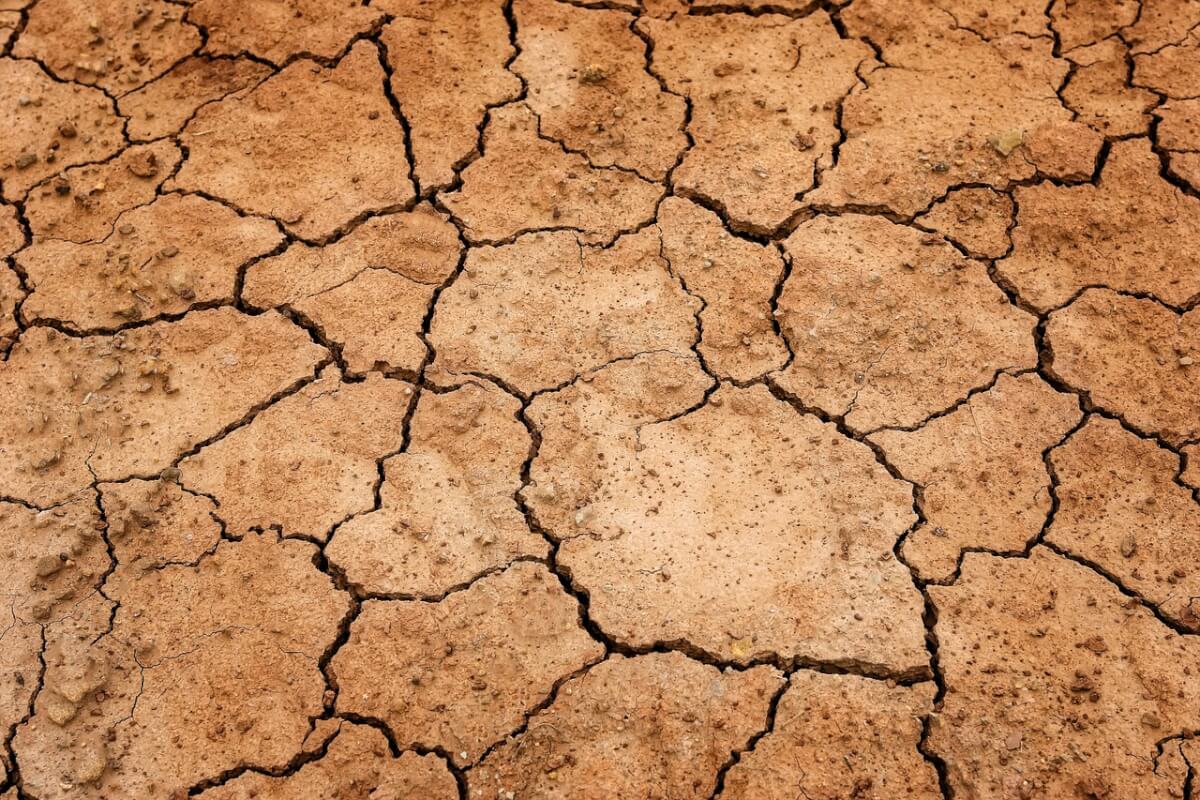The dry horse. It is a very common problem in the equine industry, yet not often recognized despite being quite obvious at times. Dryness in the horse equates to many things which we often recognize on the human side of health, but our approaches to resolving it often go without results. What does dryness mean in the horse and what are the health implications not to mention lameness ramifications?
Dryness in the horse is exactly what it means or infers; dryness. It is quite evident in most cases just by looking at your horse’s feces, and visually evaluating your horse’s feces is an important part of monitoring their health. I discuss that in a different article on ‘what is your horse’s poop telling you?’
In most cases with dryness, the horse’s feces are dry and often brittle, easily breaking apart with little obvious moisture content. The feces are often brown in color and if you squeezed them with a gloved hand, little to no moisture would drip out. Many times, the feces are solid balls, obvious in shape, yet have a glistening surface to them, which is mistaken for ‘moisture’. If you threw one of those fecal balls at a solid wall, it would make a noise because it is hard. Break them apart and you would see the inner contents of that fecal ball are compacted and dry roughage material. The glistening surface that you see to those fecal balls is termed ‘dampness‘ in the world of TCM, and indicates a weakened digestive system, microbiome imbalance, and likely an incompatible diet.
Dryness in the horse can also be seen by dry dander on the skin, dry hooves, recurrent tendon and ligament problems, weight loss, and a depressed demeanor or attitude.
So, in basic terms, the horse is dry, but this concept goes much further than making them drink more water, adding salt to their grain, or adding ground flax to their diet.
What does dryness mean in the horse?
Dryness in the body of the horse equates to what is termed a ‘blood’ or ‘yin’ deficiency. In truth, they are one of the same, just one is more extreme than the other. The concept of ‘yin’ to me means nourishment, which equates to proper carbohydrates, proteins, fats, and micronutrients. If we look at the average ‘dry’ horse, which I see very often in my consultations, these horses are on very low-quality forages, often fed grains, and are given synthetic based vitamin-mineral supplements or ration balancers. This regimen is not compatible with ‘nourishment’ on any level and your horse’s body is telling you this exactly.
Just look at their feces, their skin condition, their hair coat, hoof health, and even tendons and ligaments. Another sure fire sign of dryness or Yin deficiency is body weight loss, which can happen in any horse from the fire type OTTB to the metabolic syndrome Quarter horse. When we see body weight loss in a horse, it is a sign that things are heading in the wrong direction and catabolism is taking place. The body is consuming itself and there is a lack of pure tissue moisture to keep cells happy and systems working properly.
Dryness in the horse’s body is made worse by many factors.
- Diets that consist of grains are often heating to the body and heat will literally dry-up moisture in the body, especially if there is not a good source replacing the Yin aspect.
- Medications are often drying as well, depleting Yin or moisture from the body, which includes many NSAIDs for pain to medications for Cushing’s disease.
- Vitamin and mineral supplements, including ration balancers, are often very bitter in nature as synthetic nutrients are bitter in taste. The producers of these products have to load the products with flavoring or other additives to cover up this bitter taste. The bitterness of these synthetic nutrients is very drying to the body and sometimes the bitter nutrients are actually heating as well, which further dries up the body of the horse.
- Stress is another factor that will deplete Yin and moisture from the body. Stress is often a heat-generating event in the body, at least in the early stage. Then, as moisture is depleted further, the horse becomes depleted and can become exhausted.
- Seasons also influence Yin and dryness. Winter and fall are both dry times of the year and thus will ‘bring out’ the dryness in the body of the horse. Summer is often more humid and Yin promoting, thus the dryness is not as evident, but many times is still there. Thus, we have horses with health or lameness problems that are evident in certain times of the year.
Dry up a body of any horse or person enough and cellular functions become disturbed on many levels.
How To Improve Dryness in Your Horse’s Body
In Traditional Chinese Medicine (TCM), their philosophy is all about Yin and Yang. Both must exist in the body for health and balance. When one is extreme, the other will be deficient in most cases. Thus, in many horses, their Yin aspect is very deficient and as a result, their health is suffering. Instead of remedying the problem, most owners just look for quick fixes often in the form of medications and even fancy shoes for their feet.
Methods to resolve:
- Recognize that the problem is there. Look at your horse, their body condition, their mentality, their skin, hooves, and feces. Examine them thoroughly, even if they are overweight.
- Stop all grains. I am very much against grains for many reasons and dryness promoting, not too mention heat generating are two reasons.
- Improve the quality of the forage you are feeding your horse. Most forages that are being fed are very low-quality, very dry themselves, and void of nutrition. This is one reason why I promote feeding alfalfa or an alfalfa mix forage. Alfalfa is more ‘yin’ promoting than fescue or even Bermuda.
- Look at your medication list for your horse. Do you really need those medications?
- Add ‘Yin’ tonics to your horse’s feed regimen. There are many in fact that are commonly fed. Yin tonics are foods, often roots, that are high in nutrition but many times contain within them high levels of complex carbohydrates. These carbohydrates do many things for the body from impacting the digestive microbiome to enhancing the immune response. Additionally, the carbohydrates, including fiber, that are found in these Yin tonics help to bind and retain moisture in the body.
My list of Yin tonics that I routinely utilize in horses includes:
- SV EQ Yin and Kidney (complete blend of various Yin tonics)
- Mung Bean
- Barley Grass Powder
- Asparagus Powder
- Sweet potato
- Cur-OST EQ Stomach (blend of two Yin tonics)
- Ground Flax (not the best Yin tonic)
- Wild Yam
- Various mushrooms (Cur-OST EQ Immune Support)
These herbs or in truth, FOODS, can be added to alfalfa pellets or timothy pellets daily, generally starting around 1-2 tbsp for the individual herbs or follow the directions on the label for the labeled Yin formulas mentioned above. Again, what you are doing here is providing NUTRITION to your horse. These Yin tonics are loaded with nutrition from macro- to micronutrients. If you feed the proper forage and then use tonics as needed, there is no need for a vitamin-mineral supplement.
One word of caution is digestive health. Yin tonics and foods are often ‘heavy’ on the digestion and thus a good digestive fire is needed. Many horses are quite depleted in the department of digestion and are exhausted. In most cases I recommend adding a digestive tonic or formula to the regimen to help support this component. Those would include as a starting point one or the other:
- Cur-OST EQ Tri-GUT
- SV EQ Gut Blend I
Okay, now let’s get to work on your horse! Fix the dryness aspect and many times things begin to fall into place regarding their health and even soundness, because even joints get ‘dry’.
Author: Tom Schell, D.V.M, CVCH, CHN


